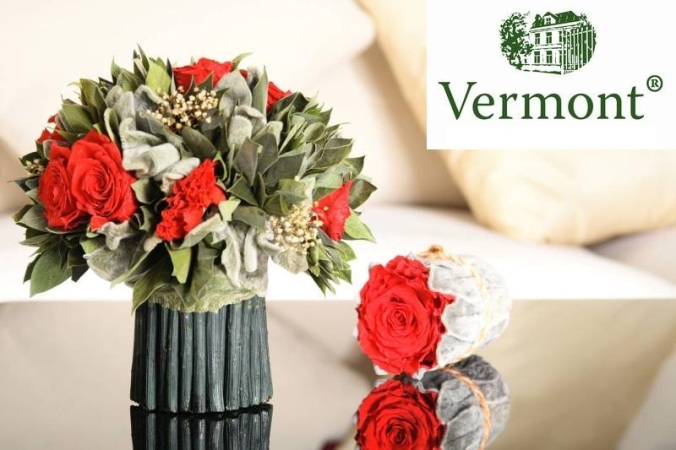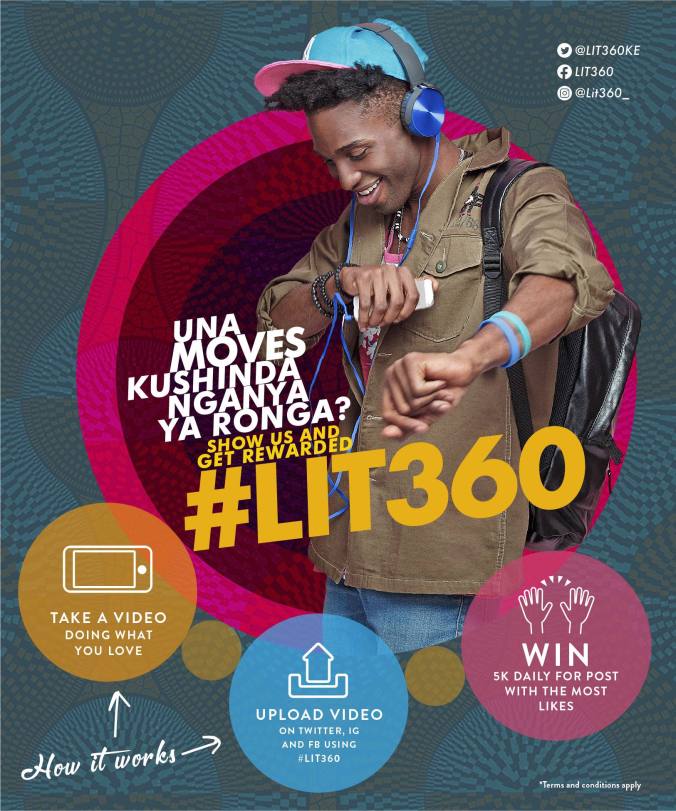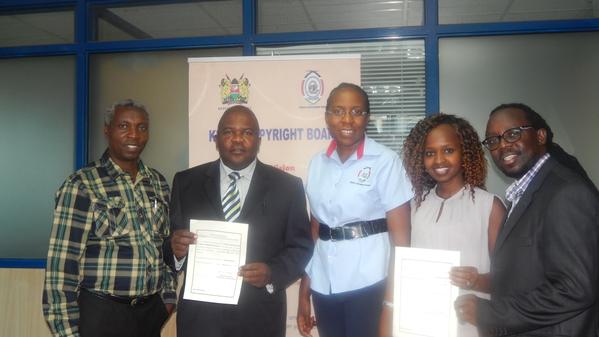
Recently the High Court made a ruling in the case of Vermont Flowers (EPZ) Limited v Waridi Creations Limited HCC 524 of 2014, a patent and copyright infringement suit filed by the Belgian-owned Vermont Flowers against Waridi Creations, a company formed by Vermont’s former Kenyan employees. A copy of the ruling is available here.
Vermont Flowers made an application for an injunction and Anton Piller orders on the basis that it is the registered owner of various copyrighted and patented manufacturing processes and designs and that Waridi Creations had infringed those copyrights and patents. However Waridi Creations, through the very able representation of Senior Counsel, successfully used the preliminary objections of jurisdiction and locus standi (standing) to have Vermont’s application dismissed.
According to media reports, Vermont Flowers claims that its former employees Godino Mwasaru, Nelson Oware and Jennifer Mumo formed Waridi Creations. Vermont Flowers further claimed that the ex-employees were on the verge of exporting a large consignment of flowers vases that have been branded with Vermont’s logo and were likely to destroy evidence of the copyright infringement. An interesting fact is the reported criminal suit instituted by Vermont Flowers against the ex-employees who are now Waridi’s Directors. In this criminal suit, it is reported that Vermont Chairman testified under oath that “Vermont had no registered invention or patent in Kenya and that the floral vases are not copyright protected in any country in the world”.
In the ruling, the court makes several important points on the jurisdiction objection in patent suits and the locus standi objection in copyright suits.
In addressing the jurisdiction of the Industrial Property Tribunal, the judge states as follows:
“The Industrial Property Tribunal under section 106 has been conferred with jurisdiction by statute to grant relief of; 1) injunction to restrain infringement of patent or registered utility or industrial design; 2) damages or 3) any other relief provided in law in respect of infringement of patent or registered utility or industrial design (…) my considered view is that such applicant [for grant of patent] like the Applicant here [Vermont Flowers], has protection in law and may apply for injunction to stop infringement or claim compensation for infringement of the invention under published application for grant of patent, as if a patent had been granted for that invention, as long as he can show that the person, without his authorization, performed any of the inventions, claimed in the published application, and that the said person, at the time of the performance of the act, had; a) actual knowledge that the invention that he was using was the subject matter of a published application; or 2) received written notice that the invention that he was using was the subject matter of a published application, such application being identified in the said notice by its serial number. The Applicant made an application for grant of patent through application No KE/P/2012001715, paid the relevant fee and notification of filing date of the application was given by the Managing Director of the Kenya Industrial Property Institute to be 3/2/2012. The Applicant, therefore, is covered by the jurisdiction of the Tribunal in the Industrial Act and they should refer the claims which form part of the application for grant of patent to the Tribunal. The Application before me in so far as it relates to the grant of patent under Industrial Property Act should be and is hereby referred to the Industrial Property Tribunal for relief.
I wish to reinforce my decision above through the following rendition. See and consider section 55 of the Industrial Property Act. (….) Note that section 55 refers to acts of infringement under section 54 as some of the acts of infringement which can be restrained by an injunction. Therefore, an injunction to restrain infringement of patent or utility model or industrial design is issued at first instance by the tribunal under section 106 of the Act. And therefore, as the Applicant is also the applicant for grant of patent under the Act, I am persuaded and I have so held that the Tribunal has statutory jurisdiction over the claims which have been presented before this court. The claims herein fall within section 55(c) of the Industrial [Property] Act.”
The learned judge also hints at possible areas for legislative action to aid proper interpretation of the law:
” I do not think section 55(c) intended the relief thereto to be canvassed or sought only after registration of the patent or certificate of utility model or industrial design. I think, the law wanted to provide for remedy and protection to an invention of an applicant whose application has been published. The said section is a basis for an injunction to restrain a person who without authorization, performed any of the inventions, claimed in the published application as if a patent had been granted for that invention. I wish, however, to see legislative intervention towards clarifying the section by providing some measure of protection to utility or design for which registration has been filed and accepted by the MD of the Institute. Section 19 of the Companies Act will provide some lead here; on written application being received, the name is reserved for sixty days pending registration of the company. However, such reservation should be subject to prior users of the invention or contemporaneous inventions.”
The learned judge makes an identical finding in a recent ruling in the case of Naili East Africa Limited v Samuel Kariuki & another HCC 295 of 2014 where the plaintiff sought injunctive relief to restrain the Defendants from infringing the rights under the Industrial Property Act in an invention described as “The aquatic plant removal apparatus which includes a heavy duty marine net preferably made of carbon fiber. To the net are attached to a winch, the winch being mechanically driven by deriving its rotary power from a tractor, a lorry or electric motor”. A copy of the ruling is available here.
In addressing the issue of standing to institute a copyright infringement suit, the judge states as follows:
“As long as the Applicant [Vermont Flowers] is claiming exclusive licensee of copyright which is not domestic registered copyright, the assignment must be accompanied by a letter of verification from the Board. None has been provided. That requirement is critical and its importance is well understood when one considers two things; 1) the international obligations of the nation to provide for adequate and effective protection of rights of copyright owners; and 2) the provision of section 33(2) on assignments and testamentary disposition of copyright (….) The nature of intellectual property and the strict requirements of the law make it absolutely necessary that the licensee should plead his status that he is an exclusive licensee; give all particulars of the licence as well as the copyright for which he has been granted exclusive licence by the owner. (….) It is readily discernible from the plaint and the application without probing for any evidence, that; there is not specific pleading in the plaint on exclusive licensee and the specific copyrights on which the licence is granted; yet the application and the affidavits filed thereto introduces exclusive licensee or assignment. As long as that situation has not been clarified by amendment of the plaint, the application for injunction lacks a foot on which to stand.”
This fatal error by Vermont Flowers compounded with the apparent poor drafting of its pleadings are not punished with a dismissal of the entire suit and in this regard the learned judge states that: “I hereby uphold the preliminary objections but in respect of the application only. (….) I will not extend these finding to the plaint as the plaintiff [Vermont Flowers] can always amend the plaint to measure up to the legal thresholds in such cases. That course will also give the plaintiff an opportunity to have its day in court.”
This blogger will continue to follow the developments in this case.








